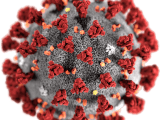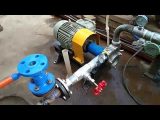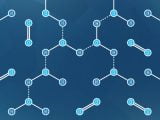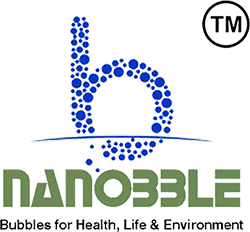Oil production involves several operations that generate environmental impact. One of them is the necessary separation, before marketing, of the water that comes associated to the oil. Volume and composition of production water depend specifically on the reservoir from which it comes. Traditionally, API
separators and corrugated plates are used to carry out the treatment; nevertheless , dissolved air flotation (DAF) technology offers an alternative to improve the efficiency of separation and optimize the process. In this study a pilot DAF system for the treatment of oily water with high concentrations of hydro carbons and suspended solids was evaluated. Tests were per formed with the addition of chemical coagulation agents and changing the operating conditions: pressures of 207, 276 and 345kPa, and 30, 40 and 50% recycling of pressurized water. The effluent was characterized at the beginning and at the end of the flotation process by measuring pH, chlorides, alkalinity, turbidity, solids suspended , oils and fats, so as to establish water conditions. Based on the results , a flocculent coagulating cationic agent of high molecular weight (FCAPM) was selected, with optimal dose of 3.59mg·f-l. DAF best operating conditions were established as 276kPa of pressure and 40% recycling, with removal of 90% of oils and fats, 72% Cl(suspended solids and 70% clarification of the effluent.
Stay Tuned for Complete Treatment ………



